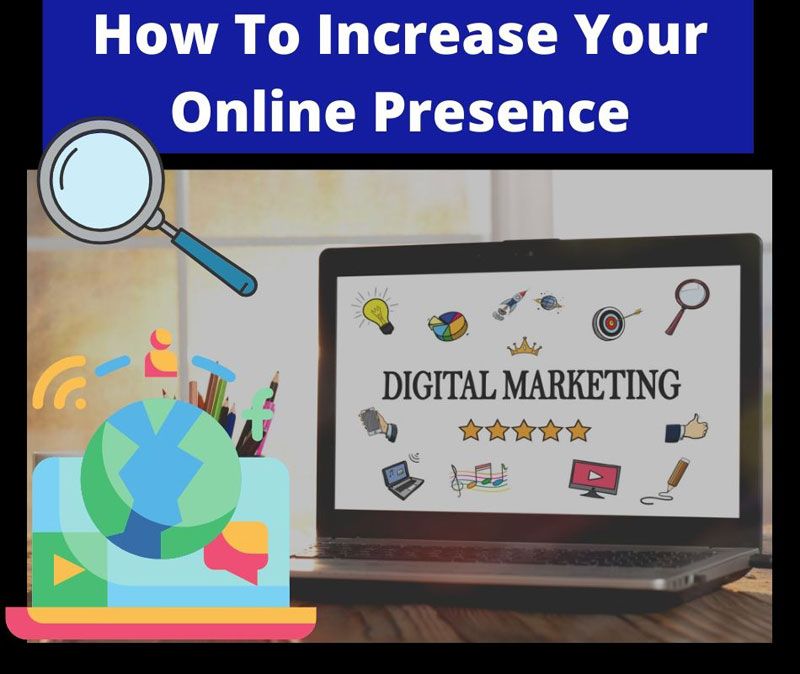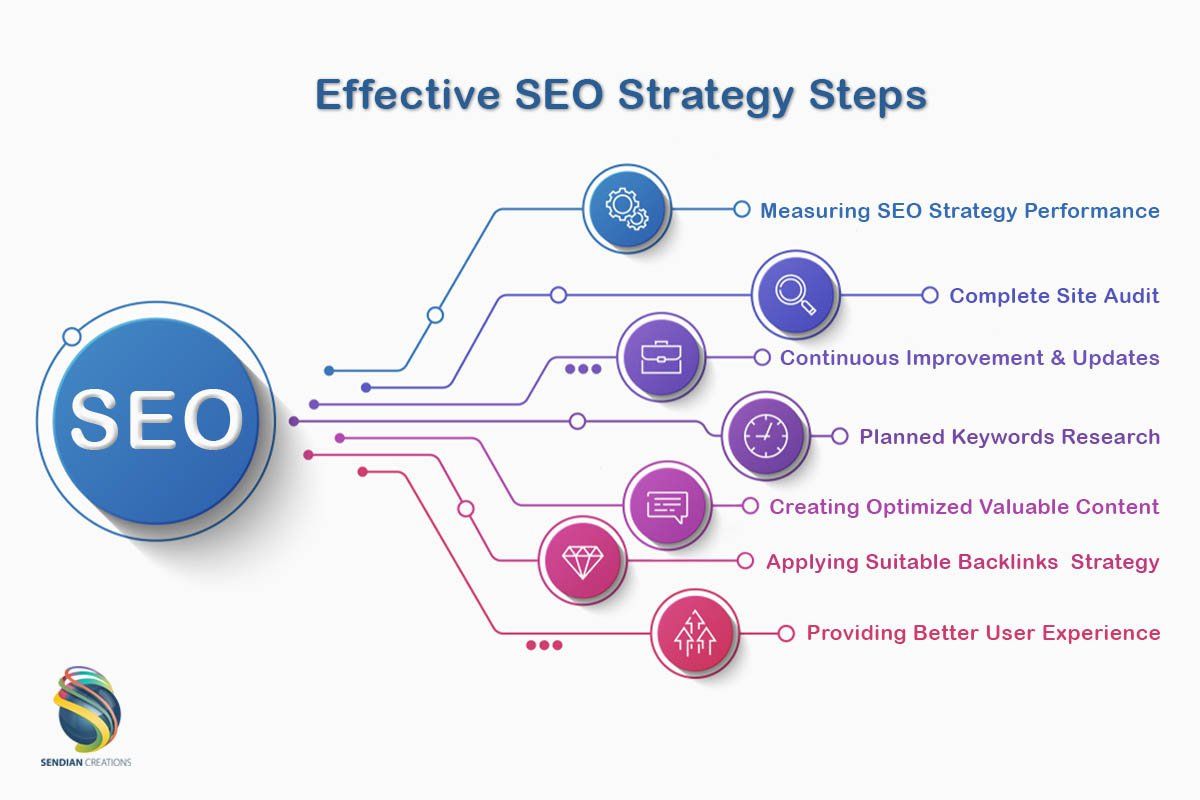In today’s digital age, having an online presence is crucial for small businesses to thrive in a competitive market. Digital marketing offers an array of strategies and solutions that can help small businesses promote their products and services, reach a wider audience, and increase their online visibility. In this article, we will explore some effective digital marketing solutions that are specifically tailored for small businesses.
Search Engine Optimization (SEO)
SEO is the cornerstone of any successful digital marketing strategy. It involves optimizing your website to appear higher in search engine results, driving organic traffic to your site. For small businesses, having a strong SEO strategy can level the playing field and compete with larger corporations.
To enhance your website’s SEO, you should focus on factors such as keyword research, on-page optimization, technical SEO, and building quality backlinks. By targeting relevant keywords in your content, optimizing meta tags, improving website speed and mobile-friendliness, and obtaining backlinks from reputable sources, your small business can rank higher in search engines and attract more potential customers.
Content Marketing
Content marketing is a powerful digital marketing tool that focuses on creating and distributing valuable, relevant, and engaging content to attract and retain customers. Small businesses can leverage content marketing to establish themselves as industry experts, build brand authority, and engage with their target audience.
Creating high-quality blog posts, articles, videos, infographics, and social media content can help small businesses establish trust and credibility with their customers. By providing valuable information and addressing their pain points through content, small businesses can attract and retain a loyal customer base.
Social Media Marketing
Social media has become an integral part of our daily lives, and it presents a massive opportunity for businesses to connect with their target audience directly. Small businesses can leverage social media platforms such as Facebook, Instagram, Twitter, and LinkedIn to build brand awareness, promote their products/services, and engage with their customers.
Creating a well-defined social media strategy and consistent posting schedule can help small businesses effectively reach their target audience. By utilizing social media advertising, small businesses can target specific demographics, interests, and behaviors, ensuring that their marketing efforts are reaching the right people.
Email Marketing
Email marketing remains a cost-effective and efficient way for small businesses to connect with their customers directly. By building an email list and segmenting it based on customer preferences, small businesses can send personalized emails and promotions.
Additionally, incorporating email marketing automation tools can streamline the process and save time for small business owners. With automated emails for welcome series, abandoned carts, and special promotions, small businesses can nurture leads and drive conversions.
Paid Advertising
While organic marketing strategies can help small businesses gain visibility, paid advertising can offer an extra boost to reach a larger audience quickly. Platforms such as Google Ads, Facebook Ads, and Instagram Ads enable small businesses to target specific demographics, keywords, or geographical locations.
However, it is important for small businesses to carefully manage their advertising budget and target the right audience to maximize their return on investment (ROI).
Website Design and User Experience (UX)
In the digital age, a well-designed and user-friendly website is crucial for attracting and retaining customers. Small businesses should prioritize creating a visually appealing website that is easy to navigate and provides a seamless user experience.
Having a responsive website that is optimized for mobile devices is also essential, as an increasing number of consumers access the internet via smartphones and tablets.
Analytics and Tracking
To measure the effectiveness of your digital marketing efforts, small businesses should implement analytics and tracking tools. Platforms such as Google Analytics provide valuable insights into website traffic, user behavior, conversions, and other key metrics.
By analyzing these metrics, small businesses can make data-driven decisions, optimize their digital marketing strategies, and focus on the most effective channels for their target audience.
Conclusion
As the business landscape becomes increasingly digital, small businesses need to embrace effective digital marketing solutions to remain competitive. By implementing a comprehensive digital marketing strategy that includes SEO, content marketing, social media marketing, email marketing, paid advertising, website design, user experience, and analytics, small businesses can drive growth and achieve their business goals.



